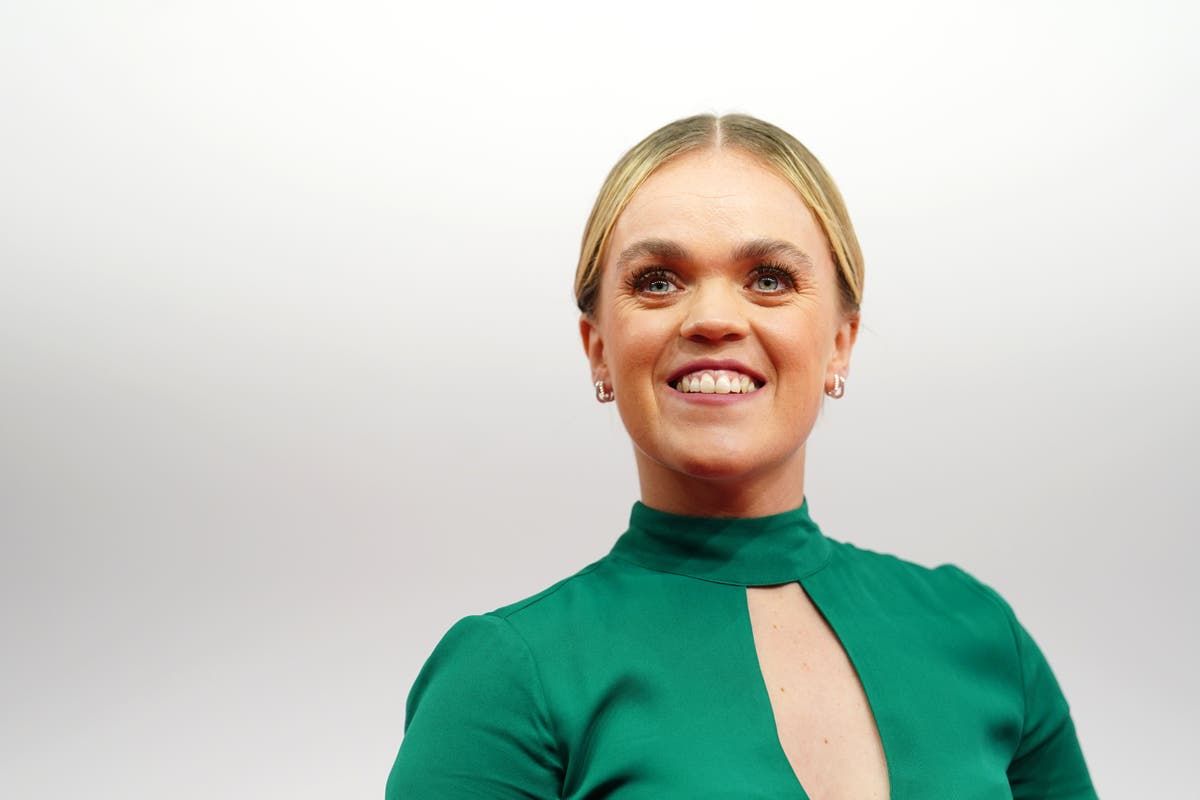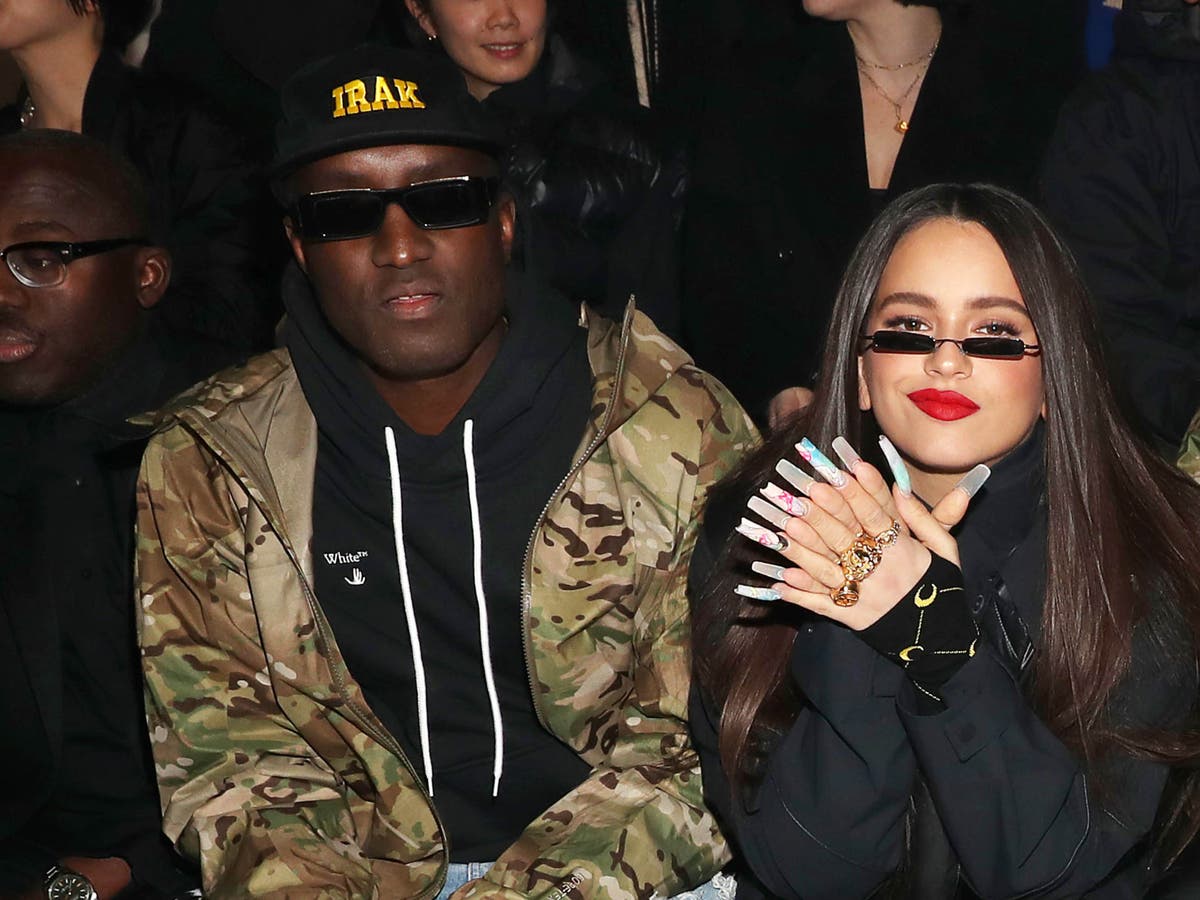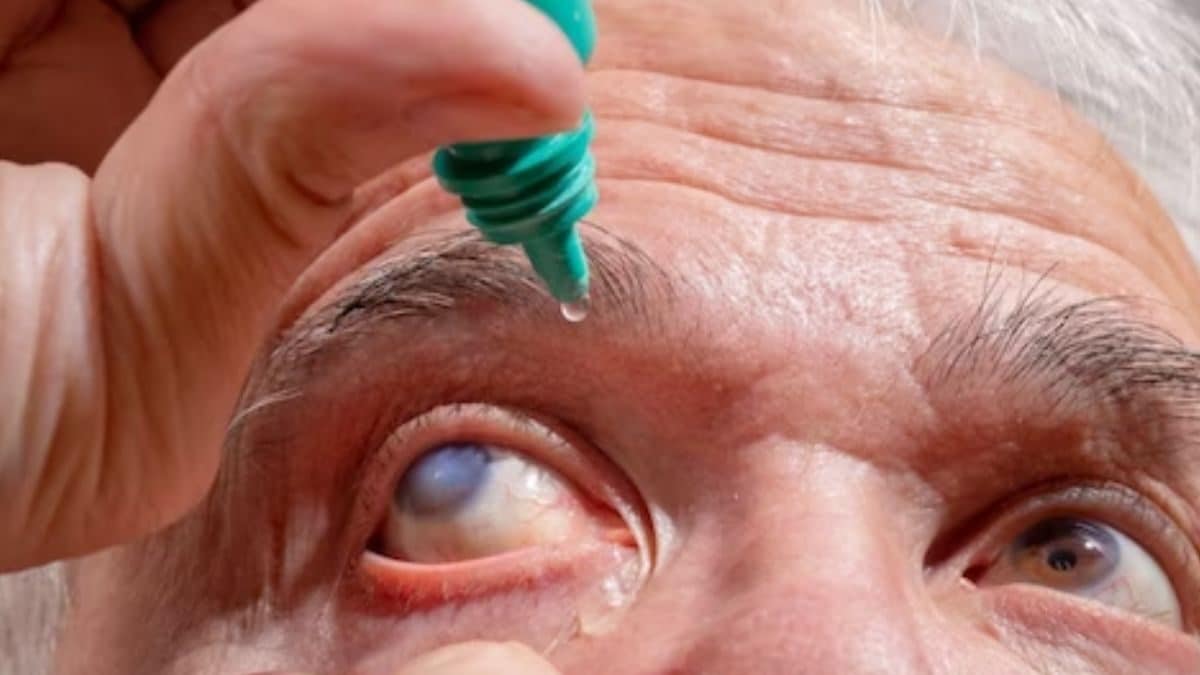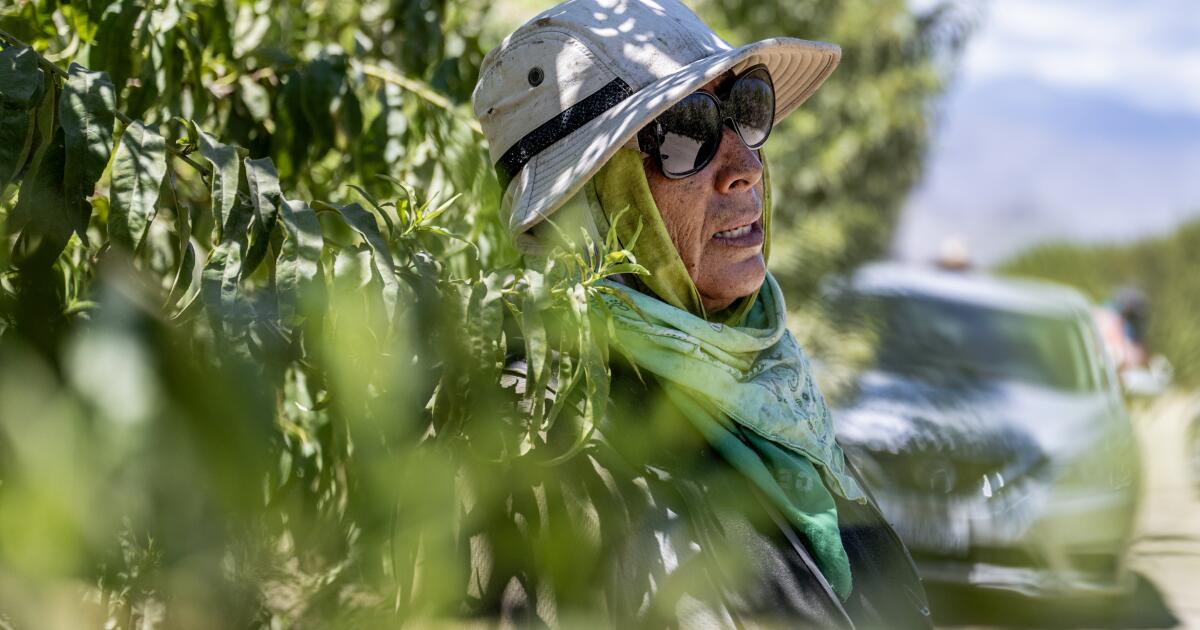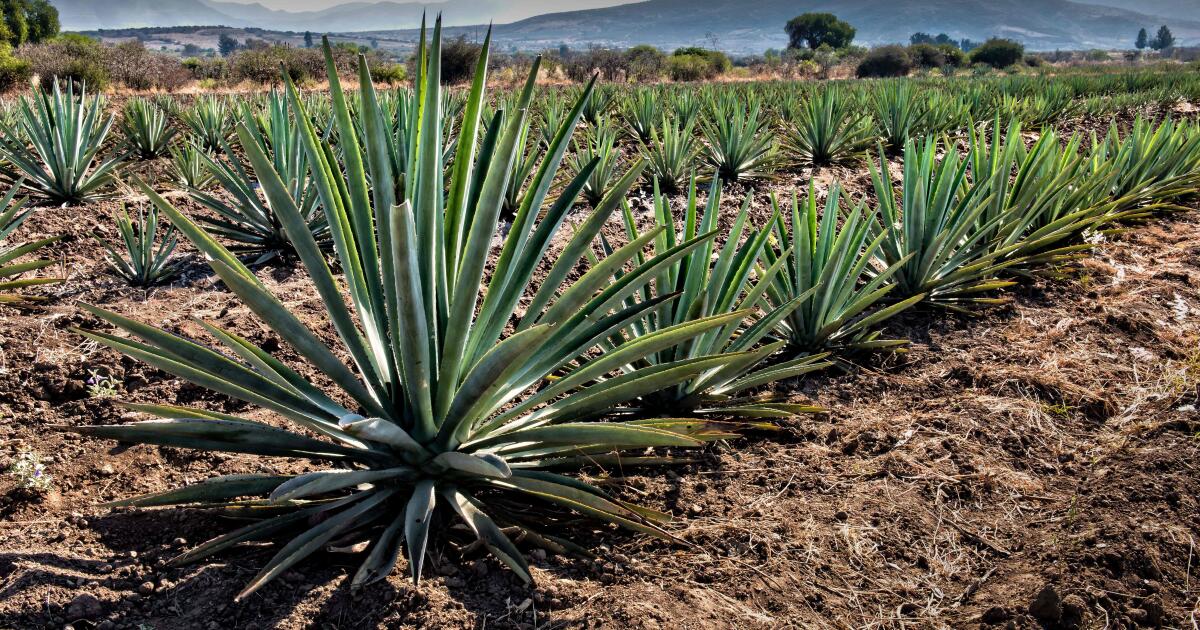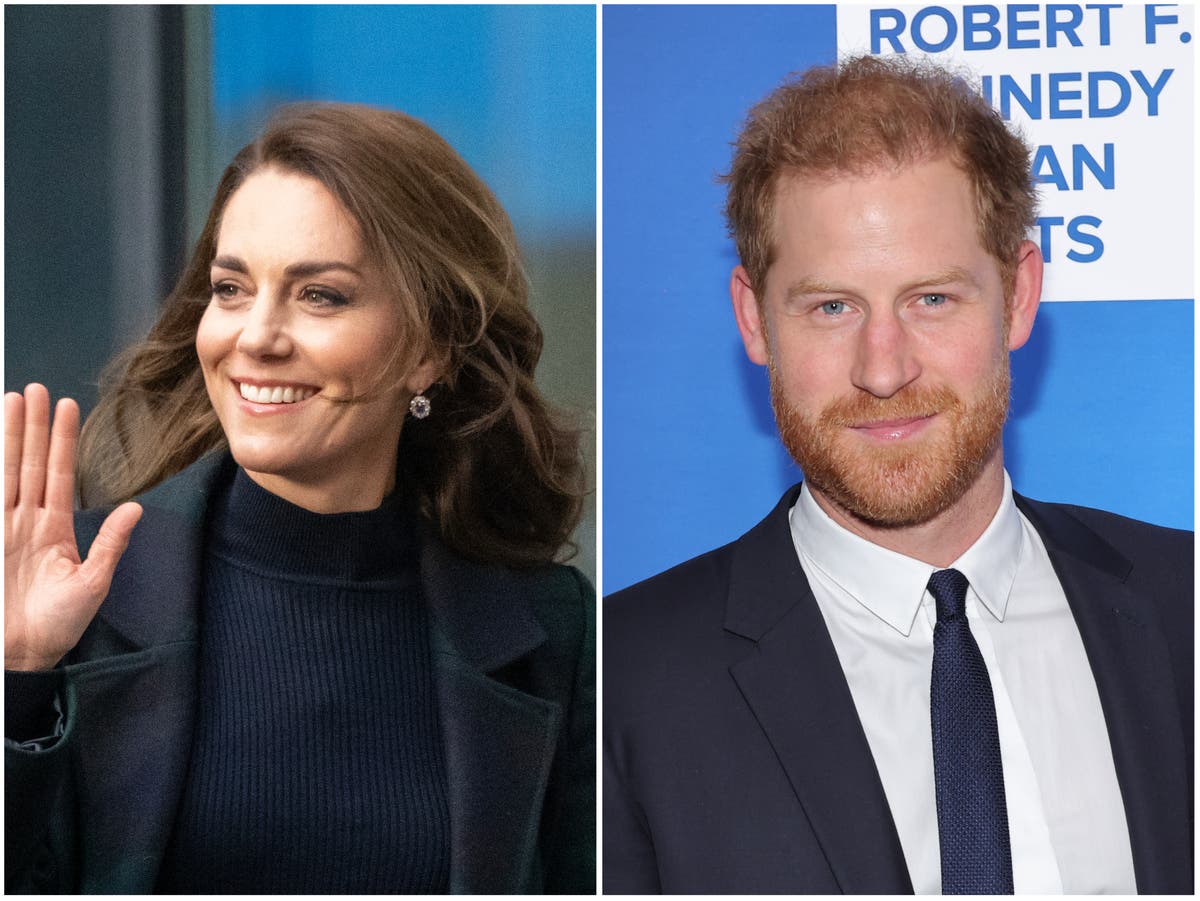Truly support
independent journalism
Our mission is to provide unbiased, fact-based reporting that holds the powerful to account and exposes the truth.
Whether it's $5 or $50, every contribution counts.
Support us in offering journalism without agenda.
Ellie Simmonds has revealed she has struggled with “a lot of self-doubt” and “not feeling good enough” over the past year as she prepares for a new career in television.
The former swimmer, one of Britain's most celebrated Paralympians with a total of eight Paralympic medals including two golds when she was just 13 in Beijing, retired in 2021 after the Tokyo Games.
The 29-year-old, who was part of Eurosport's Paris 2024 presenting team and will cover the Paralympics for Channel 4 from 28 August, says the past year has been tough.
“[I’m] “I’m finding my identity in a way, finding that confidence, and I definitely have a lot of self-doubt right now. I doubt my abilities and that I can do things.”
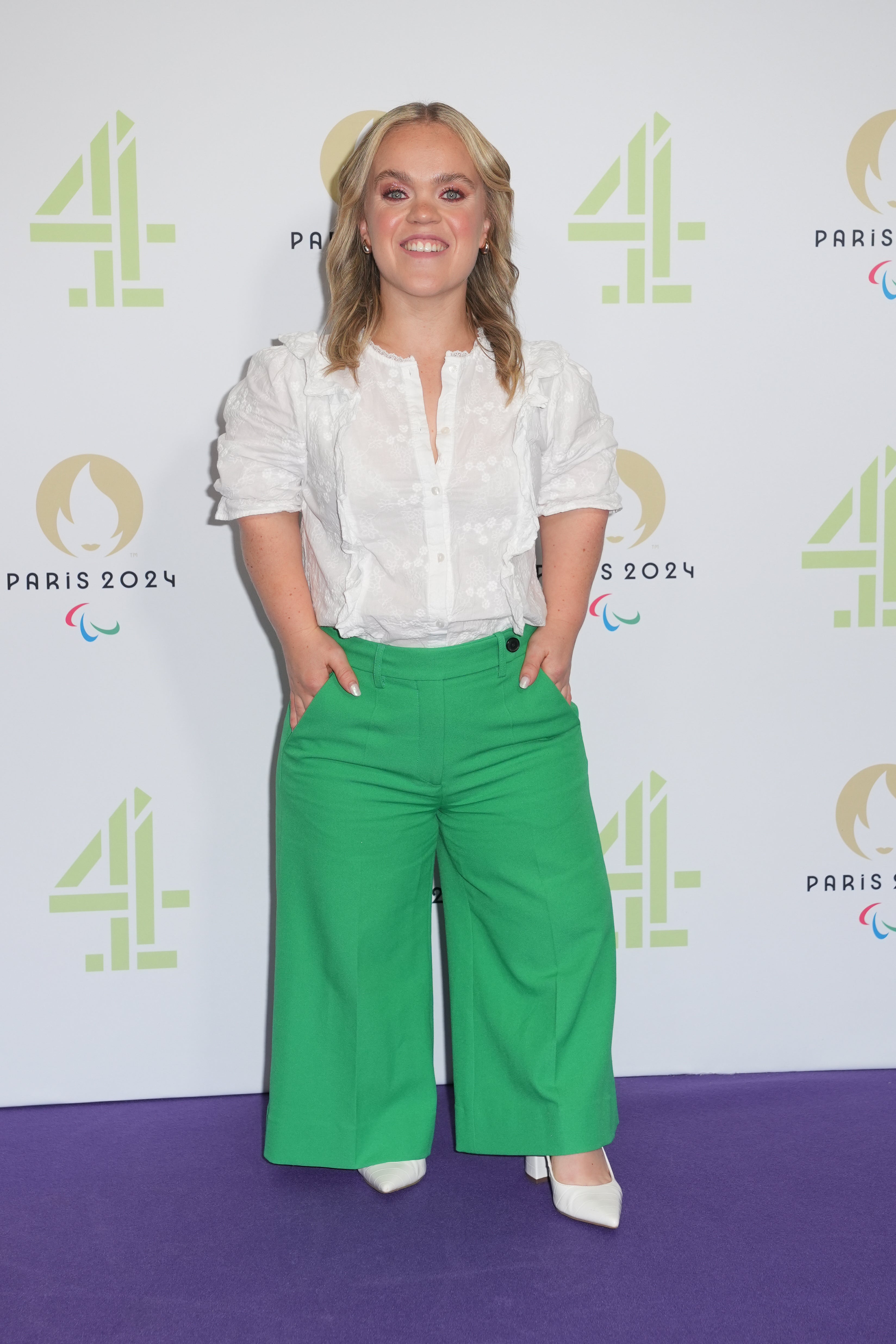
Simmonds, who was born with achondroplasia, a genetic form of dwarfism, says: “Some days I feel like I can do everything and I’m fine, but then there are days when you feel like you can’t do it, that you’re not capable and that you’re not good enough.
“Because you see people and you compare yourself to other people.
“I overthink things too. Sometimes I say stupid or wrong things and think, 'Oh my God, Ellie, why did you do that? '”
“As an athlete and swimmer, you know what you are good at and you do it every day. You have a four-year plan, a one-year plan… and suddenly all of that goes out the window.”
“Now I’m trying to figure out what I enjoy, what I’m good at.”
Being in front of the camera for the Olympics and soon the Paralympics, rather than being in the pool for the first time, has been an interesting change, she notes.
“It’s been amazing to still be a part of that Olympic hype, but in a different capacity. I’ve missed it.
“I know what athletes feel, all the nerves, the excitement, the adrenaline, especially when a race is going well, the hustle and bustle of it all and that thrill, but, in some ways, I'm doing it in a different way now.
“Showing my personality too [on TV]“Just me being me, and hoping to be able to use my swimming experience in the world of sport.”
However, live television has some similarities to professional sport. “It’s still the excitement, it’s still exactly the same: you have to do it right, you have to do the right thing, say the right things and perform at the right moments, just like in front of a TV.” [an audience] again.”
Simmonds also starred in Strictly Come Dancing in 2022 and has starred in documentaries including the BBC's Ellie Simmonds: A World Without Dwarfism? and ITV's Ellie Simmonds: Finding My Secret Family, which focused on her adoption and her attempt to find her birth mother.
Being adopted, Simmonds found it particularly interesting to research her genetic makeup as one of 15 top athletes who took part in a campaign for Ancestry. Each of them had their DNA analysed to launch a new interactive DNA experience so people can compare their own traits to those of top sports stars such as Simmonds, Nicola Adams and Kriss Akabusi.
Unsurprisingly, the former professional swimmer scored above average in oxygen use and determination, but says: “I'm bad with a bat and ball. I'm less likely to be a high jumper. I'm less likely to be a leader.
“I found choreography skills very difficult to learn – now I know why it was so difficult on Strictly and I put Nikita through her paces. [Kuzmin, her professional dance partner]What patience!
“It’s been fascinating because, being adopted, you have all these answers and all these questions.
“It’s really interesting to see what comes from nature and what comes from nurture.
“I know what I'm like in many ways, and thanks to the people I live with now, my parents, they have been in charge of guiding me in the right direction.”
She loved swimming from the age of five and at 13 became the youngest athlete in the British team at the Beijing 2008 Summer Paralympics, competing in many S6 events. In 2009 she was awarded the title of Member of the Order of the British Empire (MBE), becoming the youngest person ever to do so.
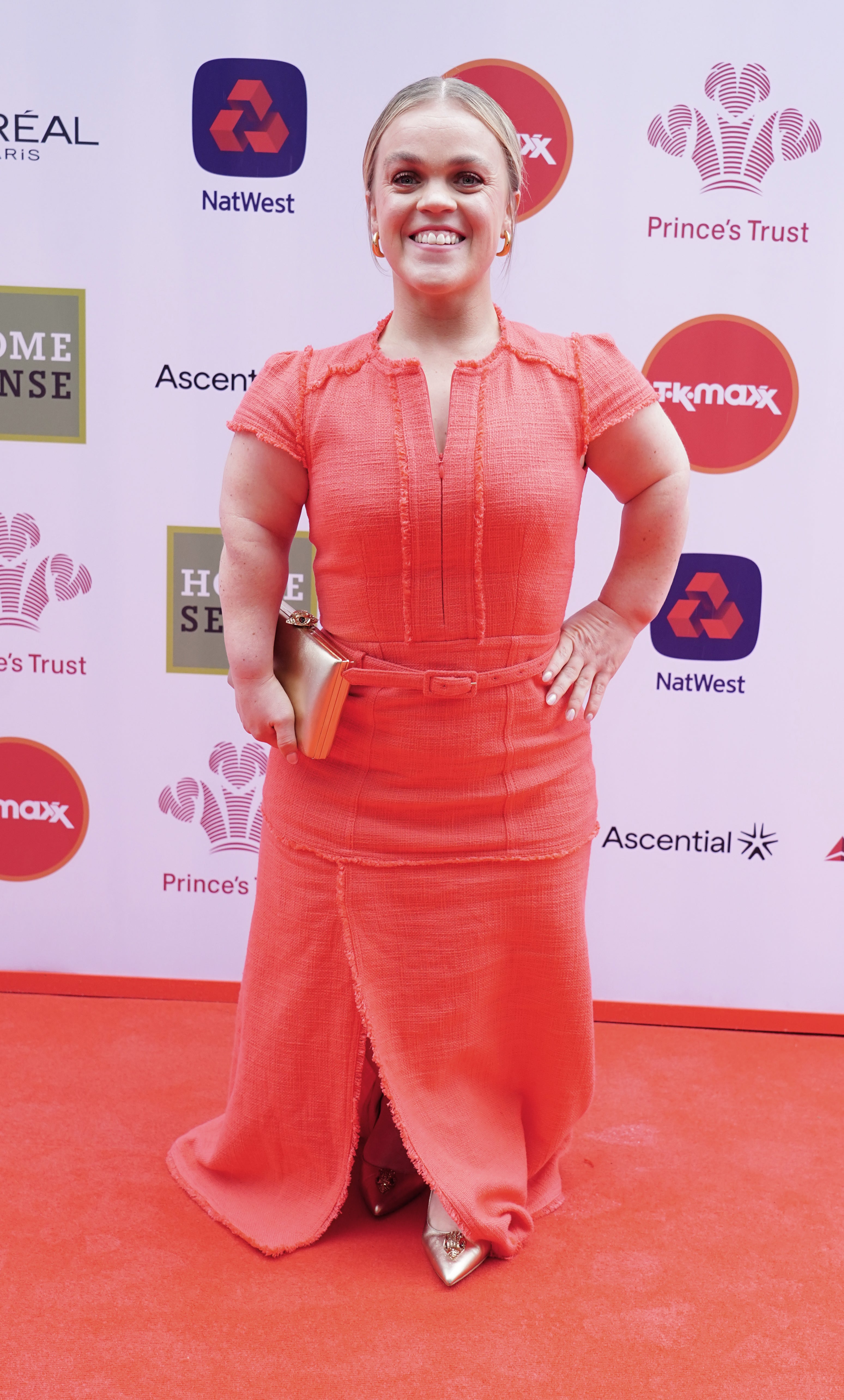
She still swims once a week. “Just to hit the walls for 30 minutes, just to swim, just to stay connected again.
“You have 30 minutes where it’s just you and your mind going up and down, just being one with the water. It helps me mentally more than anything else.
“Because I’ve been doing it for so long, I don’t have to think about moving my arms or legs, it just happens. Sometimes I wonder: where am I? Where am I in the pool? I realize that I’ve zoned out.”
“I feel it’s important to do something I was good at for so long,” she says. “Without it, I wouldn’t be where I am today.”
To stay fit, she also takes bootcamp classes, reformer pilates and works out at the gym, and now frames fitness in a different way.
“Exercising is wonderful. It’s good for your body and for your mental health. But you know what? If you don’t do it, it’s not the end of the world. So the important thing is to do it for fun, for your feelings, to feel good mentally, to feel good physically, and just do it when you can.”
Her secret to staying motivated is to exercise in the mornings.
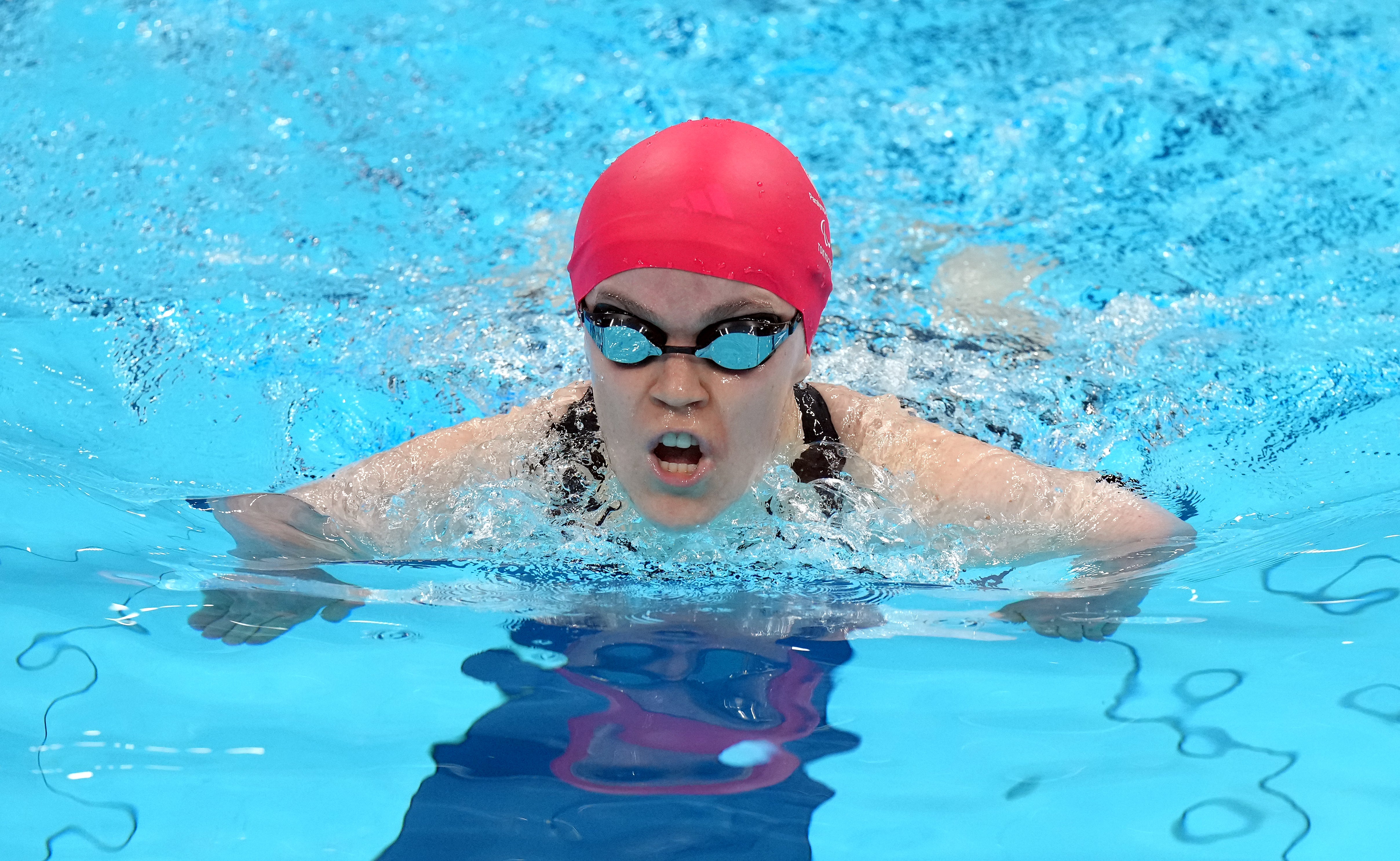
“I try to put my gym stuff down before I go to sleep. Then I set my alarm, have a coffee, go and that’s it. For me, training in the afternoon and evening doesn’t work,” says Simmonds.
But since retiring, she has had to come to terms with her new body, which is not sculpted by hours of pool training and personalized nutrition.
“When I was an athlete, I was pushing my body to the limit every day. I was very strong. I could eat whatever I wanted, in a way, and suddenly, that exercise and all that routine goes away and your body changes.
“And it’s hard too, because I think as a woman, you compare your body to how it was in the past and you look at yourself and think, ‘Oh my God, why can’t I go back to that? ’”
She had to tell herself, “I'm not an athlete anymore.”
She says: “I am grateful to be able to continue working out and I love doing it. Yes, my body is not as strong or as lean as it used to be, but I am very happy with my body right now.”
See how you stack up against world-class athletes with the release of 30 new AncestryDNA® genetic performance traits that can impact physical performance, on Ancestry.co.uk.

